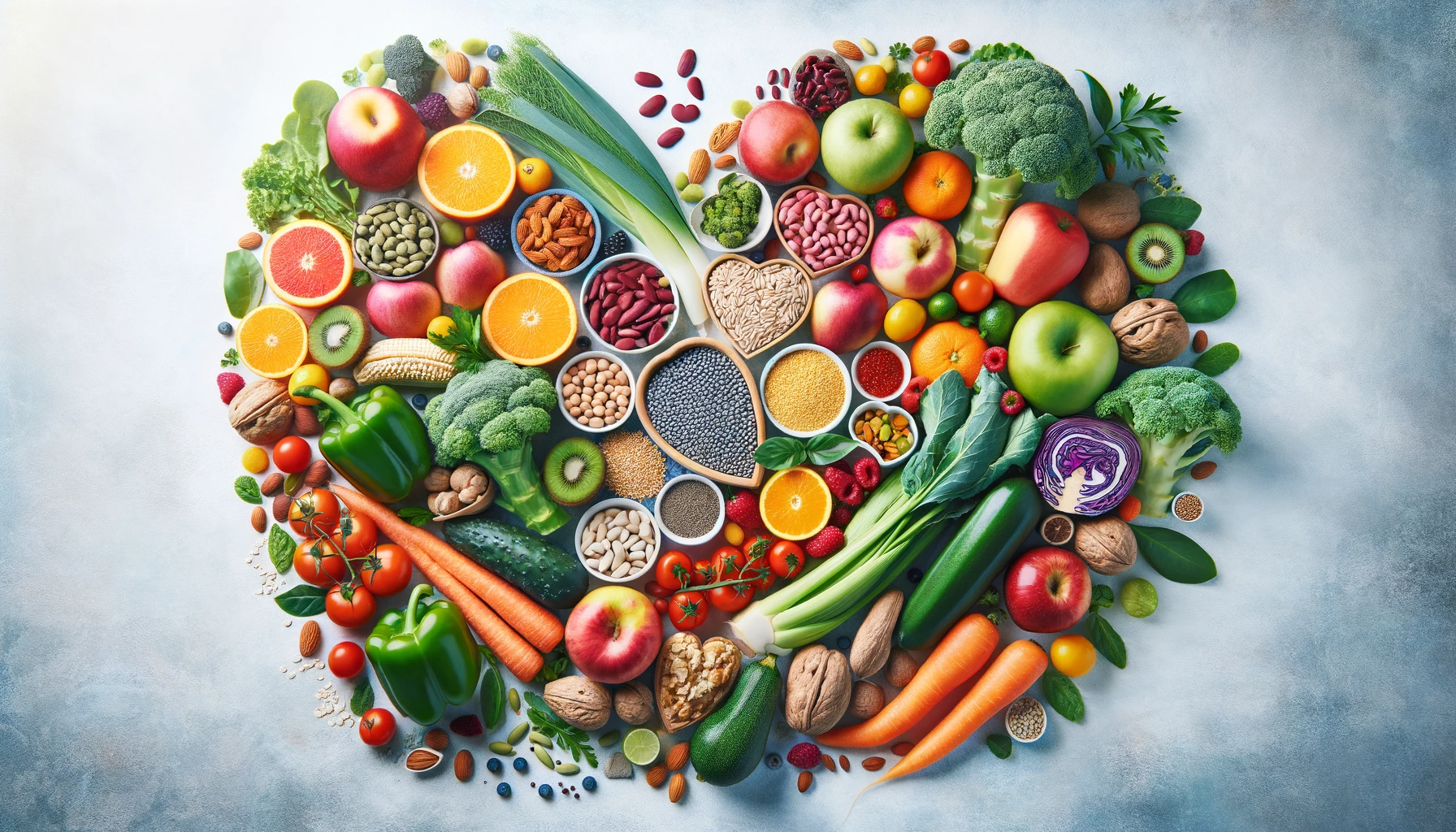Brewing a Healthy Choice: Coffee vs Tea for Wellness
December 3, 2023 | by healthieee.com

When it comes to choosing between coffee and tea, it’s not just about taste preferences but also about how each beverage impacts our health and well-being. This article dives into the nuanced differences between coffee and tea, examining aspects like energy boost, anxiety, weight loss, heart health, blood pressure, mental health, digestion, focus, creativity, sleep, stress relief, relaxation, overall health, caffeine content, antioxidants, flavor, price, and sustainability. Join us as we explore each facet to help you make an informed choice for your lifestyle.
In Short
Detailed Article Body:
Coffee or Tea for Energy Boost: Coffee, known for its higher caffeine content, is often the go-to choice for a quick energy surge. However, tea offers a more gradual energy lift, avoiding the abrupt spike and subsequent crash often associated with coffee.
Difference Between Coffee and Tea: The key difference lies in caffeine levels and types of antioxidants. Coffee is richer in caffeine and chlorogenic acid, while tea contains catechins and a smaller amount of caffeine.
Coffee vs. Tea for Anxiety: Tea, particularly herbal varieties, are generally better for those prone to anxiety, as the lower caffeine content reduces the likelihood of triggering jitteriness compared to coffee.
For Weight Loss: Both beverages can aid weight loss; green tea is known for boosting metabolism, while black coffee can suppress appetite. However, adding sugar or cream can negate these benefits.
Heart Health: Moderate coffee consumption can be heart-healthy, though tea, especially green tea, is often recommended for its lower caffeine content and high antioxidant levels.
Blood Pressure: Tea is generally considered better for managing blood pressure, primarily due to its lower caffeine concentration compared to coffee.
Mental Health: Tea’s calming effect, thanks to compounds like L-theanine, makes it a preferable choice for mental well-being, though coffee can also enhance mood and concentration in the short term.
Digestion: Tea, particularly herbal and green tea, is often gentler on the digestive system, while coffee’s acidity can cause discomfort for some individuals.
Focus and Creativity: Coffee is the winner for immediate focus due to its higher caffeine content, but tea is beneficial for long-term creativity and sustained concentration.
Sleep and Relaxation: Herbal teas are conducive to relaxation and better sleep, while coffee, particularly in the afternoon or evening, can disrupt sleep patterns.
Stress Relief: The ritual of brewing and sipping tea can be a calming practice, making it more effective for stress relief compared to the more stimulating effects of coffee.
Overall Health: Both beverages, when consumed in moderation, offer health benefits. The choice depends on individual health goals and sensitivities.
Caffeine Content and Antioxidants: Coffee is higher in caffeine but tea offers a variety of antioxidants like catechins, beneficial for long-term health.
Flavor, Price, and Sustainability: Flavor preferences are subjective, and both beverages range in price. In terms of sustainability, organic and fair-trade options are available for both, with tea generally having a smaller environmental footprint.
Conclusion:
In the perennial debate between coffee and tea, it’s clear that both beverages have their unique advantages and drawbacks. Coffee stands out for its energy-boosting properties and potential to enhance focus and mental alertness, making it a popular choice for those needing an immediate lift. However, its higher caffeine content can be a double-edged sword, potentially leading to increased anxiety or disrupted sleep patterns in sensitive individuals.
On the other hand, tea, with its wide variety of types and flavors, offers a more nuanced experience. It is generally better for those seeking a gentle boost in energy without the jitters, and its lower caffeine content makes it a preferable choice for heart health, blood pressure management, and stress relief. Additionally, the presence of L-theanine in tea provides a calming effect, promoting relaxation and mental well-being.
For weight loss and digestion, both coffee and tea can be effective when consumed without added sugars and creams. The antioxidant properties found in both drinks contribute positively to overall health, with tea often taking a slight edge due to its diverse array of antioxidants.
When it comes to sustainability and environmental impact, tea generally has a smaller footprint, though the choice of organic and fair-trade options in both coffee and tea can mitigate these concerns.
Ultimately, the choice between coffee and tea boils down to personal preferences and individual health needs. Moderation is key in enjoying the benefits of both, allowing you to savor the flavor and health advantages each has to offer. Whether you prefer the robust kick of coffee or the soothing subtlety of tea, both beverages have a place in a balanced, health-conscious lifestyle.
RELATED POSTS
View all



